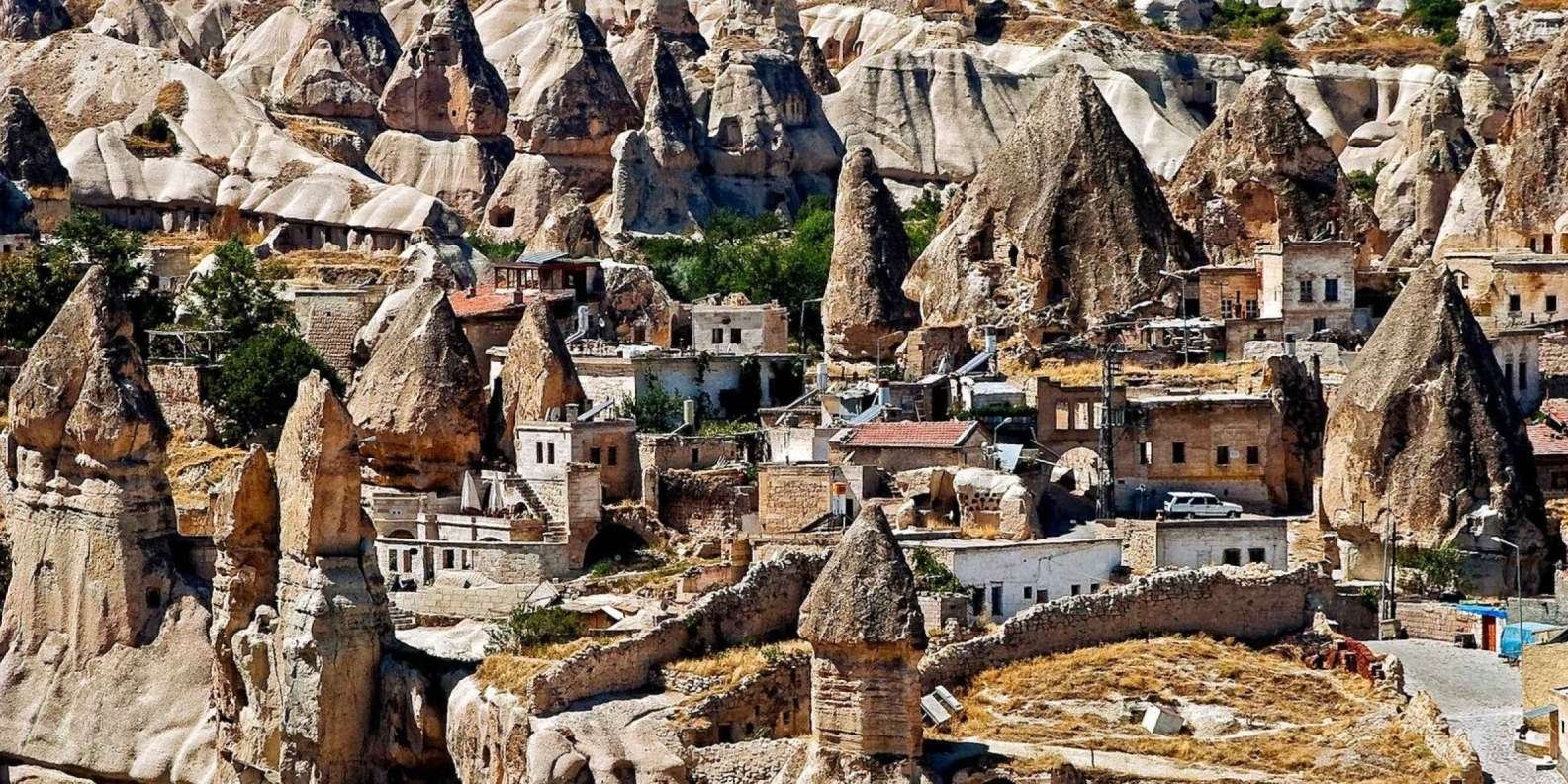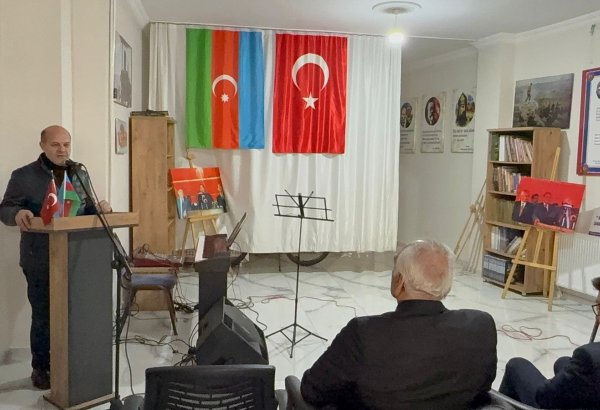BAKU. TurkicWorld:
"Soğanlı" Valley, known as the “gateway to Cappadocia,” in the central Anatolian province of Kayseri is being prepared to be opened to tourism, the governor has said, reports TurkicWorld with the reference to Hurriyet Daily News.
Within the scope of the project, infrastructure, superstructure and general restoration works have started in the city square of the valley. Walking trails, lighting arrangements, general landscaping works, seating and resting areas were built.
“We need to diversify tourism,” said Gokmen Cicek, referring to the city’s ski center, one of the most important centers of winter tourism. “We want a tourist coming here not only to ski in Erciyes [district] but also to visit Soğanlı Valley. We need to combine winter sports with faith and cultural tourism.”
Harboring St. George’s Church, the valley also has the tomb of St. George, the most respected and oldest religious leader of Russia, England and Brazil according to Cicek.
The paintings inside the church are still as they were on the first day, the governor said.
“The fact that so many churches, so many madrasa-style places of worship are still preserved as they were on the first day excites me like every history lover. This is why we felt responsible for bringing the importance of Soğanlı Valley to world history by joining hands.”
He also called on the neighboring province of Nevsehir, where Cappadocia, famous for hot air balloon rides, is located, to show solidarity in tourism.
“We also started hot air balloon flights in Soğanlı Valley and currently have 10 balloons in active flight,” he said, stating that six or seven balloons rise daily.
“Soğanlı Valley can be called ‘the gateway to Cappadocia.’ As two provinces, we need to share in this sentiment.”
Cappadocia, preserved as a UNESCO World Heritage site, is prominent for its unique volcanic cones, valleys, underground cities, boutique hotels and houses carved into the rock, as well as its churches, chapels and shelters used by early Christians fleeing the Roman Empire.























